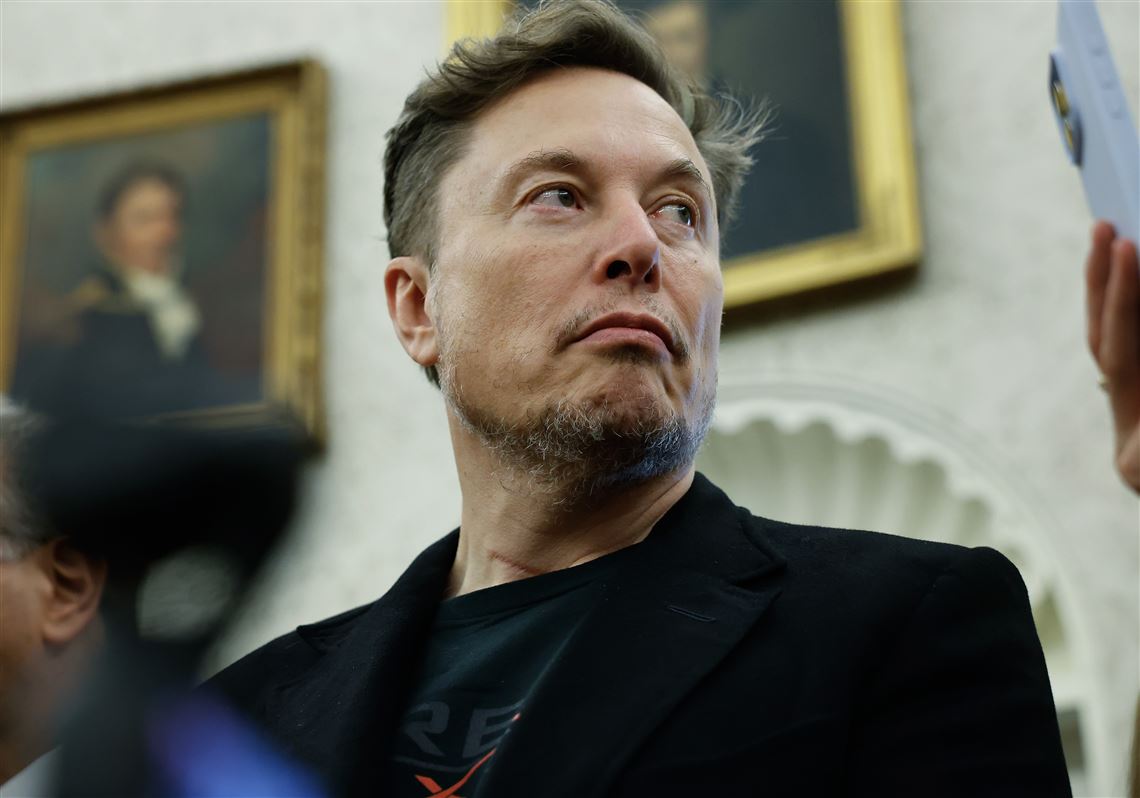In a significant political development, billionaire entrepreneur Elon Musk has announced his departure from the Trump administration after spearheading a controversial effort aimed at slashing the size and spending of the federal government. Musk, who had served in an advisory capacity, confirmed his exit amid rising tensions over policy direction and growing public scrutiny.
Sources close to the matter revealed that Musk’s departure was the culmination of mounting disagreements over the administration’s long-term governance strategies, particularly those impacting science, climate policy, and federal agency funding. While Musk initially joined the Trump administration with the goal of promoting innovation, streamlining government operations, and improving bureaucratic efficiency, insiders say ideological divides ultimately made his continued involvement untenable.
Musk’s leadership in the federal downsizing campaign focused on advocating for leaner government structures, elimination of redundancies, and increased privatization in sectors ranging from transportation to energy. The initiative gained momentum with support from fiscal conservatives, but critics argued that the proposals risked weakening critical social services, scientific research institutions, and regulatory oversight.
In a statement, Musk emphasized his respect for the principles of government reform but made clear that recent developments had prompted his decision to step away. “I believe in smarter government, not necessarily smaller government. My efforts were aimed at eliminating inefficiency, not undermining progress,” Musk said. “Given the current trajectory of certain policy decisions, I no longer feel my presence will add value in this environment.”
Musk’s exit marks another high-profile departure from the Trump administration’s business and innovation advisory circles. Over the past few months, several executives and tech leaders have distanced themselves from the administration amid controversies ranging from climate change policy to political rhetoric.
The Tesla and SpaceX CEO has often walked a tightrope between political engagement and corporate independence. While he has worked with various administrations on initiatives related to space exploration, electric vehicles, and infrastructure, Musk has also clashed with Washington on issues including fossil fuel subsidies, trade tariffs, and regulatory red tape.
Analysts suggest that Musk’s withdrawal may have a ripple effect on the administration’s credibility with the tech and innovation sectors, many of which have voiced concern over the administration’s regulatory approaches and budget priorities.
Critics of the federal downsizing effort have welcomed Musk’s departure, calling it a potential turning point for re-evaluating government restructuring plans that some say have gone too far. Supporters, however, lament the loss of Musk’s vision and business acumen in shaping more efficient public institutions.
As the political landscape shifts, Musk is expected to return his focus to his sprawling business empire, including ambitious ventures like Neuralink, Starlink, and Mars colonization via SpaceX. Still, many believe his voice in public policy will continue to resonate from the sidelines.
Musk’s resignation underscores the complex intersection of business, politics, and technology in modern governance — and highlights the challenges facing innovators who enter the political arena.
Swifteradio.com


